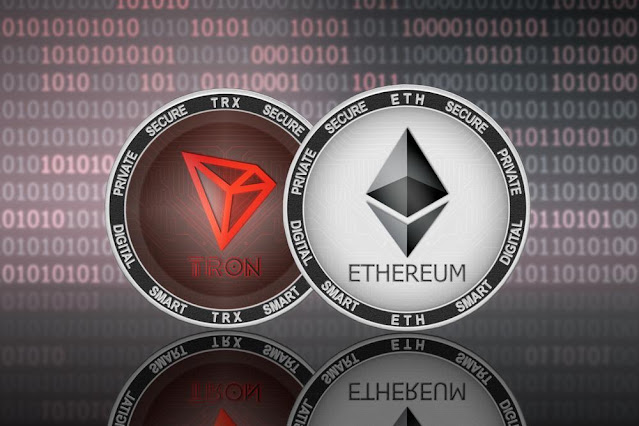On March 28, Tron (TRX) Founder Justin Sun posted a status line announcing the launch of Djed, a mortgage lending system that he describes as “something new.” The platform was immediately criticized by many for looking like a "fake" of MakerDAO (MKR).
Since January 16, Sun has been teasing the system, allowing fans to choose a crypto currency backed by TRX and BitTorren Token (BTT). Since then, a well-known investor and TRX fan, Mike McCarthy, suggested the name "Djed" after just 1.5 hours. This is an idea from the ancient Egyptian language that represents stability.
"Borrow" Dai's content
The Djed platform operates under the domain name Tronscan.org and displays a similar interface to a number of sites on the Maker platform, including Oasis.app, vote.makerdao.com, cdp.makerdao.com, and several others. other website. Djed's display interface is still reasonably calibrated, but the system itself appears to be a clone of the old Single Collateral Dai. Although Tron users will mortgage TRX assets to exchange for USDJ, instead of Dai, the Governance Token token is JED, instead of MKR; but basically, the principle of operation is the same, even many terms in Maker are used in this platform.
Djed is a lending platform that uses Collateralized Debt Positions (CDP). Accordingly, the user has to pay a recurring fee in the form of interest on the loan. This interest rate is decided through Executive Vote with evaluation support from Djed's Interim Risk Team.
It seems that all of the above terms are also used to describe MakerDAO features. While these are only superficial similarities, if you look at the smart contract code, Djed is an exact clone of the Single Collateral Dai. Even the naming of contracts on Djed is similar to Maker, such as: SaiProxyCallAndExecute, DaiFab, MomFab, DadFab, etc.
Importantly, the name Sai shows that this is actually an older version of Dai, as it was renamed “Sai” after the introduction of various forms of collateral. This also explains why Djed only allows TRX token as collateral, instead of BTT as mentioned earlier.
In addition, the way the implementation interacts with Tron was also found to have a few flaws, which is probably the reason for avoiding making changes to the Maker code. At the same time, using an account to manage contracts also makes the system even more opaque.
See more: Expert Warning: Bitcoin Could Fall to $2,400
Tron's plagiarism history
 |
Tron is often accused of plagiarism from other projects. Many believe that the original whitepaper was copied from Ethereum, causing a negative perception of the project in cryptocurrency transactions. Recently, some security features also use almost the same code as Zcash (ZEC).
However, Djed is a project from Tronscan, not the Tron Foundation. In short, copying open source code and implementing it separately is not necessarily plagiarism. As for Tronscan, they have yet to speak out about this. Still, one wonders how, in just over two years, the Tron community could catch up with Ethereum in the decentralized finance arena by simply shortening its paces by copying.
Above blog prime xbt has brought you interesting information. Follow us for more updates.

Comments
Post a Comment